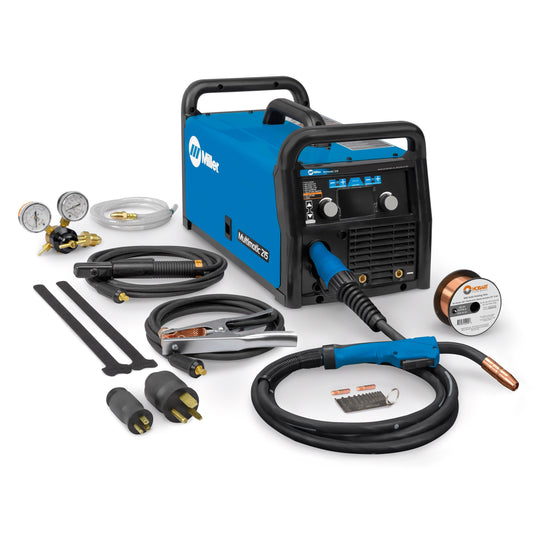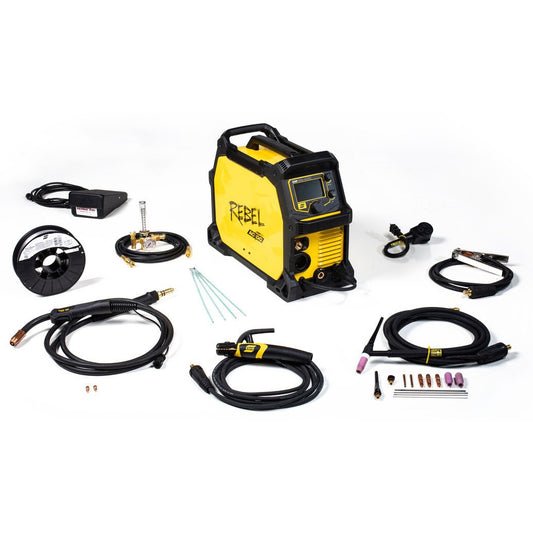Do you want to be a welder?
Are you into scuba diving?
Well, there just may be an ideal career choice for you: Underwater Welder.
If you're reading this Blog, the odds are probably pretty good that you're already a professional welder, or at least interested in the trade. Diving may be a different story, but with the prevalence of deep sea oil and gas drilling, and the increasing development of maire infrastructure, underwater welders are becoming more in-demand by the day.
A Welder and a Diver
An underwater welder is not just a professional welder, an underwater welder is also certified as a commercial diver. So in additional to all of the education, training and experience necessary to be a welder, you also need the eduction, training and experience necessary to become a certified commercial diver.
Where do I Start?
Assuming you're already trained and certified, with sufficient practical experience, as a welder, you should begin with locating an accredited commercial diving school. Once you complete your training and obtain your commercial diving certification (the time-frame varies depending upon the school and type of program you select), you'll start out as a dive tender (similar to a welders apprentice) and you'll work in this position for about two years. Once you're able to demonstrate sufficient mastery of the underwater welding process, you should be able to qualify for, and pass the underwater welding certification test.
What if I'm already a Commercial Diver
If you're already a diver, you're in a more advantageous position, because underwater welders are in short supply, and companies seeking underwater welders may be willing to provide you with the education and training necessary to obtain your welding certification.
How About the Pay?
Underwater welders can make pretty good money, in some cases into the six-figure range. As is quite common in the welding industry, underwater welders are often paid on a project by project basis, making it harder to quantify a definite salary. The pay is also usually dependent upon the type of project, the expertise necessary , and the risk involved. Obviously, the more complicated and risky the project, the higher the pay, with deep water projects usually commanding a higher rate of pay.
So if you're a welder, and into diving, or commercial diver looking for a new career path, underwater welding may be the perfect opportunity for you!


